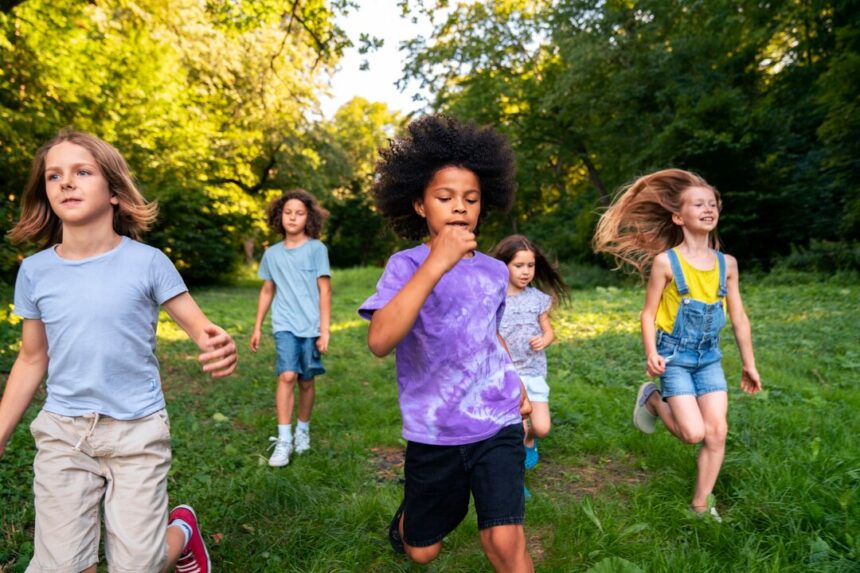In today’s digital age, where screens dominate daily life, encouraging children to engage in physical activity is more important than ever. Physical activity plays a crucial role in children’s overall health and well-being, impacting their physical, mental, and emotional development. In this article, we’ll explore the significance of physical activity for children and why parents, educators, and caregivers should prioritize incorporating regular exercise into children’s routines.
- Promotes Healthy Growth and Development:
Physical activity is essential for supporting children’s healthy growth and development. Regular exercise helps children develop strong muscles and bones, improve coordination and balance, and enhance motor skills. Engaging in physical activity from a young age lays the foundation for a lifetime of health and fitness, reducing the risk of obesity, chronic diseases, and other health conditions later in life. - Supports Heart Health:
Regular physical activity is vital for maintaining heart health in children. Exercise strengthens the heart muscle, improves circulation, and helps lower blood pressure and cholesterol levels. By promoting cardiovascular fitness, physical activity reduces the risk of heart disease and other cardiovascular conditions in adulthood. Encouraging children to engage in activities that get their heart pumping, such as running, swimming, or cycling, is crucial for supporting their heart health. - Enhances Mental Well-Being:
Physical activity has numerous benefits for children’s mental well-being. Exercise stimulates the release of endorphins, neurotransmitters that promote feelings of happiness and reduce stress and anxiety. Regular physical activity has been shown to improve mood, boost self-esteem, and enhance cognitive function in children. Additionally, participating in team sports and group activities promotes social interaction and fosters a sense of belonging and camaraderie, further enhancing children’s mental and emotional health. - Improves Academic Performance:
There is a strong correlation between physical activity and academic performance in children. Research has shown that regular exercise improves concentration, memory, and cognitive function, leading to better academic outcomes. Physical activity also helps reduce hyperactivity and improves behavior in children with attention deficit hyperactivity disorder (ADHD). By incorporating physical activity into children’s daily routines, parents and educators can support their academic success and overall well-being. - Establishes Healthy Habits:
Encouraging children to engage in regular physical activity helps establish lifelong healthy habits. Children who are active from a young age are more likely to continue exercising into adulthood, reducing their risk of obesity, diabetes, and other chronic diseases. By making physical activity a fun and enjoyable part of daily life, parents can instill in their children a positive attitude towards exercise and health, setting them up for a lifetime of wellness. - Fosters Independence and Confidence:
Engaging in physical activity allows children to explore their abilities, challenge themselves, and develop a sense of independence and confidence. Whether they’re climbing a tree, learning a new sport, or mastering a dance routine, physical activity provides opportunities for children to set goals, overcome obstacles, and experience success. By celebrating their achievements and encouraging perseverance, parents and caregivers can help children build resilience and self-assurance through physical activity.
Physical activity is vital for children’s health, development, and well-being. From promoting healthy growth and heart health to enhancing mental well-being and academic performance, the benefits of regular exercise are extensive. By prioritizing physical activity and providing opportunities for children to be active, parents, educators, and caregivers can support their overall health and lay the foundation for a lifetime of wellness. Encouraging children to find activities they enjoy and making exercise a fun and positive experience will help instill in them a lifelong love of movement and fitness.










